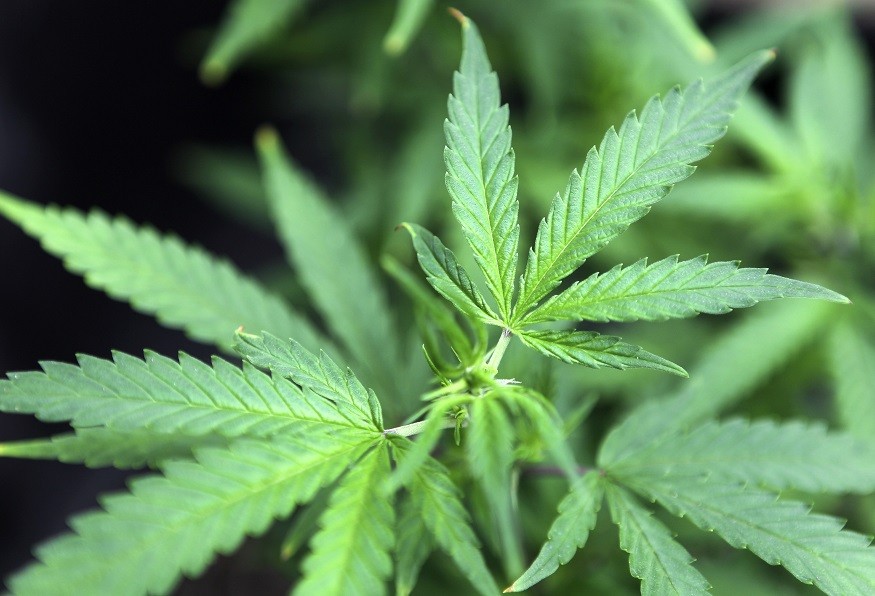“Weed enthusiasts are getting their case for nationwide decriminalization of marijuana bolstered considerably by a new scientific study that promises the controversial plant can treat multiple medical maladies.
Scientists at the University of South Carolina have discovered marijuana’s potential to treat autoimmune diseases — such as arthritis, lupus, colitis and multiple sclerosis — in which chronic inflammation plays a pivotal role.
The Journal of Biological Chemistry published the researchers’ findings that state marijuana’s potential key role in fighting these diseases lies in its capacity to suppress certain immune functions, most particularly inflammation.
The study examined whether marijuana’s main active constituent, tetrahydrocannabinol (THC), could affect DNA through “epigenetic” pathways.
The group of molecules with the capacity to alter DNA and the functioning of genes it controls is collectively referred to as the epigenome. It includes a group of molecules called histones, which are responsible for inflammation, both beneficial and harmful.
The research team, led by Mitzi Nagarkatti, Prakash Nagarkatti and Xiaoming Yang, found that THC can, indeed, affect DNA expression through epigenetic pathways by altering histones.
As recreational and medical use of marijuana become more acceptable in developed countries, more research is being conducted and more potential health applications are being uncovered.
Marijuana already has a variety of medical uses including treatment of chronic pain, nausea, vomiting and the wasting syndrome experienced by some AIDS patients.”





